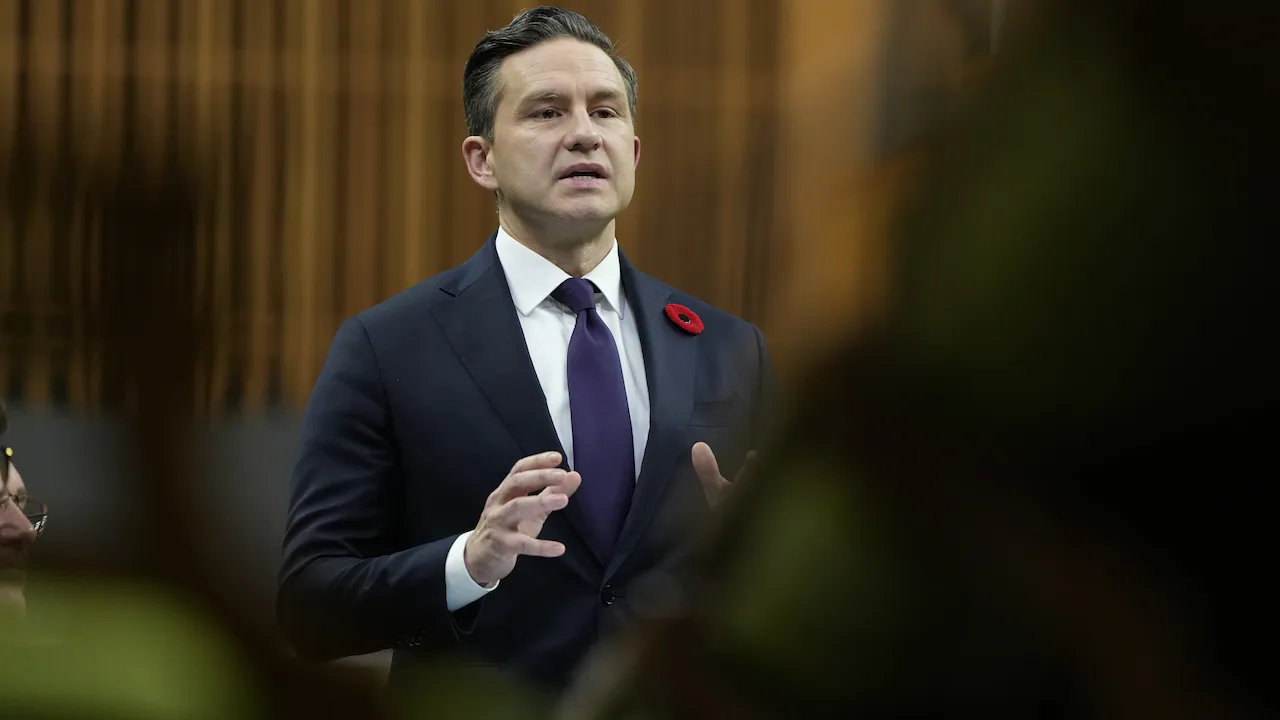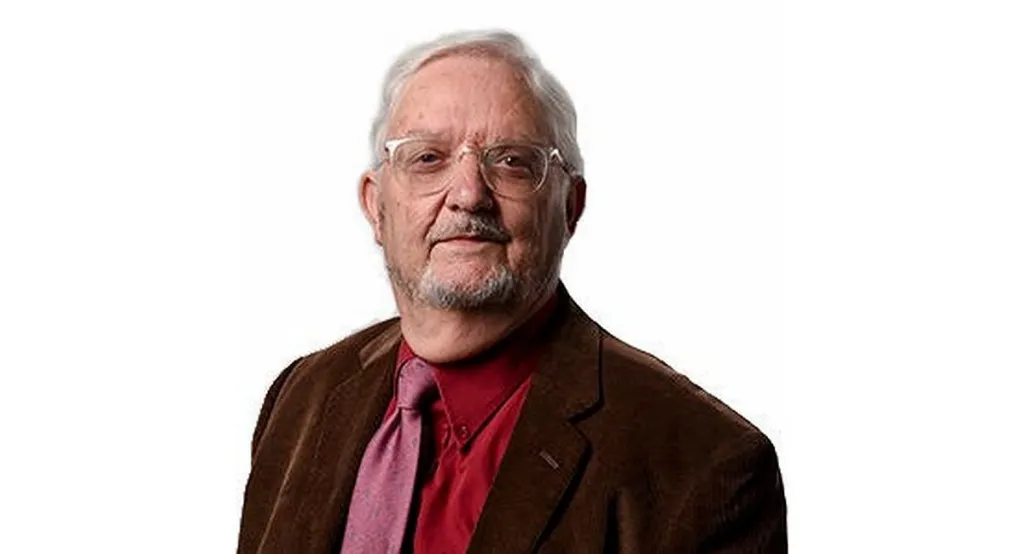Copyright cbc

This is not the week Conservative Leader Pierre Poilievre wanted to have. For the Opposition, budget week is a communications gift. It’s an easy way for the party to call out government spending, shout about what’s been included and decry what’s left out. For a leader who has built his brand on calling out Liberal spending, tabling a budget with a $78-billion deficit is the political equivalent of pitching a strike straight down the middle to Dodger slugger Shohei Ohtani. Instead of taking a victory lap around the bases, the Conservative ended the week facing questions about his leadership — after losing one MP to his rivals and another resigning from federal politics altogether. Here’s how it played out, according to CBC News sources and public accounts. Leading up to budget day Prime Minister Mark Carney holds two meetings that set in motion a memorable week in Canadian politics. One is with Nova Scotia MP Chris d'Entremont, who would ultimately be swayed to cross the floor and serve as a Liberal. Carney didn’t say when they met, just that it was “in advance of [d’Entremont’s] decision. Another was with Alberta MP Matt Jeneroux in an attempt to have him defect to the government side of the House, according to a senior Liberal source. It’s budget day— a newsy day to begin with, especially in Ottawa. Journalists and stakeholders head into a lockup to pore over the 400-plus-page document before it’s tabled in the House of Commons. About 20 minutes before the lockup ends, phones begin to buzz over a scoop from Politico: “Nova Scotia MP Chris d'Entremont says he is considering crossing the floor to join the Liberal Party.” The mad dash to confirm the story (while still reporting on the budget's contents) begins. A source with knowledge of the situation tells CBC News that after the Politico story dropped, Conservative House leader Andrew Scheer and whip Chris Warkentin walked into d’Entremont’s office without an appointment and started to pressure him to stay. The first reports trickle out that d'Entremont resigned from caucus. By 6:30 p.m. d'Entremont confirms he’s joined the Liberal caucus. He later puts out a statement through official Liberal Party channels saying he left after "serious consideration and thoughtful conversations with constituents." "I came to a clear conclusion: there is a better path forward for our country — and a better path forward for Acadie-Annapolis," it says. Conservative deputy leader Melissa Lantsman tells CBC she thinks d'Entremont left because he wanted to continue his role as deputy Speaker of the House of Commons — a role now occupied by Conservative MP Tom Kmiec. Rob Batherson, a fellow Nova Scotian and past president of the federal Conservatives, says the departure is "the worst personal betrayal I have ever experienced in 30-plus years of politics." Rumours swirl that other MPs could also cross the floor. D'Entremont joins Carney at a post-budget news conference and answers questions for the first time as a Liberal. He says he left the Conservative caucus because he didn't feel represented in Poilievre's party anymore, pointing to the latter’s "negative" approach to politics. Asked whether he was bitter over not getting the deputy speaker gig, d’Entremont says those discussions were an "awkward time" for him, but says he did "move on" and it’s not the reason he switched. D’Entremont, who was first elected as an MP in 2019 and served for nearly two decades as a Progressive Conservative MLA before that, also hints that there are other Conservative MPs who "are in the same boat" and they may join him in crossing over to the Liberals. Carney says his team will “speak to anyone publicly or otherwise who can support us." Mixed reaction begins to flood in from d’Entremont’s southwest Nova Scotia riding. Back in Ottawa, Jeneroux’s name is thrown into the rumour mill as someone open to crossing the floor. His constituency office says he is not defecting. Conservative housing critic Scott Aitchison tells CBC’s Power & Politics the remaining caucus “is completely unified.” But panic mode had begun to set in, Conservative sources would later tell CBC News. Top brass move to quickly cauterize the political bleeding, the sources said. That includes former Conservative campaign manager Jenni Byrne, still an adviser to the party, sources said. Conservative sources say those conversations included intense pressure. According to sources, by mid-week many Liberals still believe there is a chance Jeneroux would cross the floor. As MPs prepare to vote on a Conservative sub-amendment against the budget, another bombshell drops. Just before 6 p.m., Jeneroux announces he’s resigning as a member of Parliament. In a letter, he says “it was not an easy decision, but it is, I believe, the right one.” "I hope to have the opportunity to address the House one final time in the future. For now, my focus must turn entirely to my family and to the responsibilities that come with that," Jeneroux says. Jeneroux, who was first elected in 2015, says he informed Warkentin earlier Thursday of his intention to resign. Poilievre publicly thanks Jeneroux for his service on social media Thursday evening and suggests the MP's official departure is still months away. A few hours after his first statement, Jeneroux issues a second one to add that there was “no coercion involved in my decision to resign.” "I had a great conversation with Pierre Poilievre, who wished me all the best, as I do him,” says the second statement. “I wish him and my colleagues all the best as they continue to raise cost living issues facing Canadians.” The twist largely overshadows the first confidence vote on Carney’s budget. Put forward by the Conservatives, the sub-amendment calls on the House to reject the budget. The Liberals, Bloc and NDP vote it down. The Liberals, Bloc and NDP all vote against that sub-amendment. Jeneroux abstains from the vote. The Conservatives appear in damage-control mode and try to change the channel. Scheer holds a brief media availability where he accuses the Liberals of “undemocratic” distractions. “We're not going to let Liberal sources distract from the budget,” he says from West Block. But reporters’ questions are focused on Jeneroux’s departure. Scheer dismisses accusations his party pressured Jeneroux and argues it was the Liberals who were the ones “badgering Conservatives in elevators and calling them at home.” He takes questions for about four minutes. In the House, Carney’s government survives its second confidence vote in two days as MPs vote down a Bloc amendment calling on the House to reject the Liberals’ budget. (The votes don't mean opposition MPs will support the budget itself when it comes up for a vote later this month.) Poilievre takes his budget critiques to the Economic Club of Canada in Toronto. He leaves through a side door, shirking media cameras. It’s unclear what comes next for the party. The House isn’t sitting next week, perhaps giving the Opposition some breathing room. About a dozen Conservative MPs are expressing frustrations behind the scenes about his leadership, but it’s unclear if the internal strains will go away or if they amount to a crack in Poilievre’s armour. His leadership will go to a vote in the new year.



